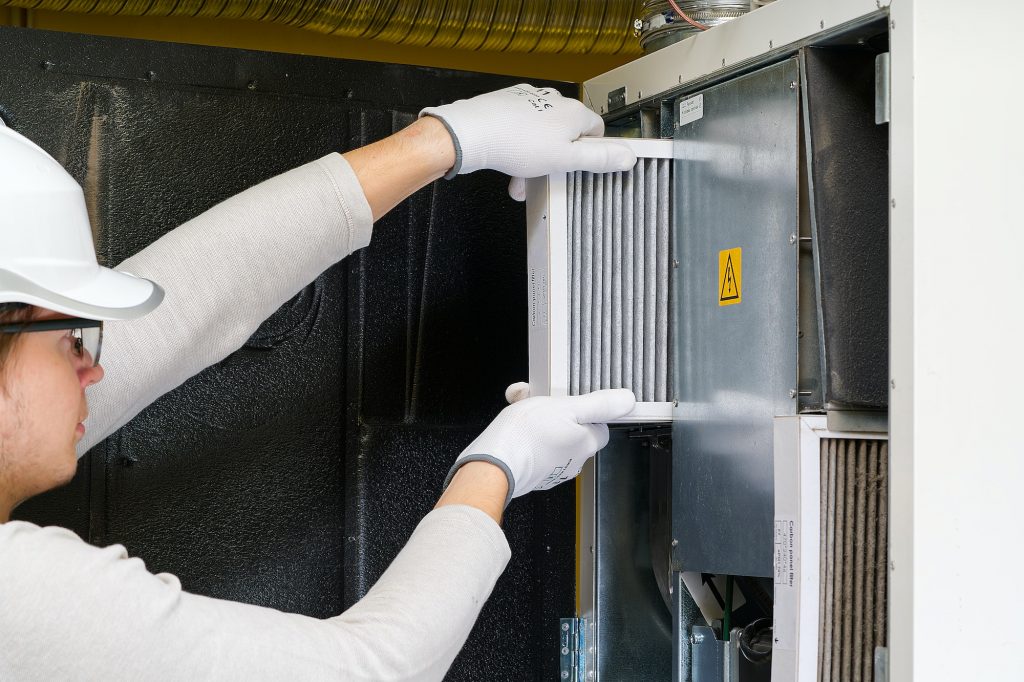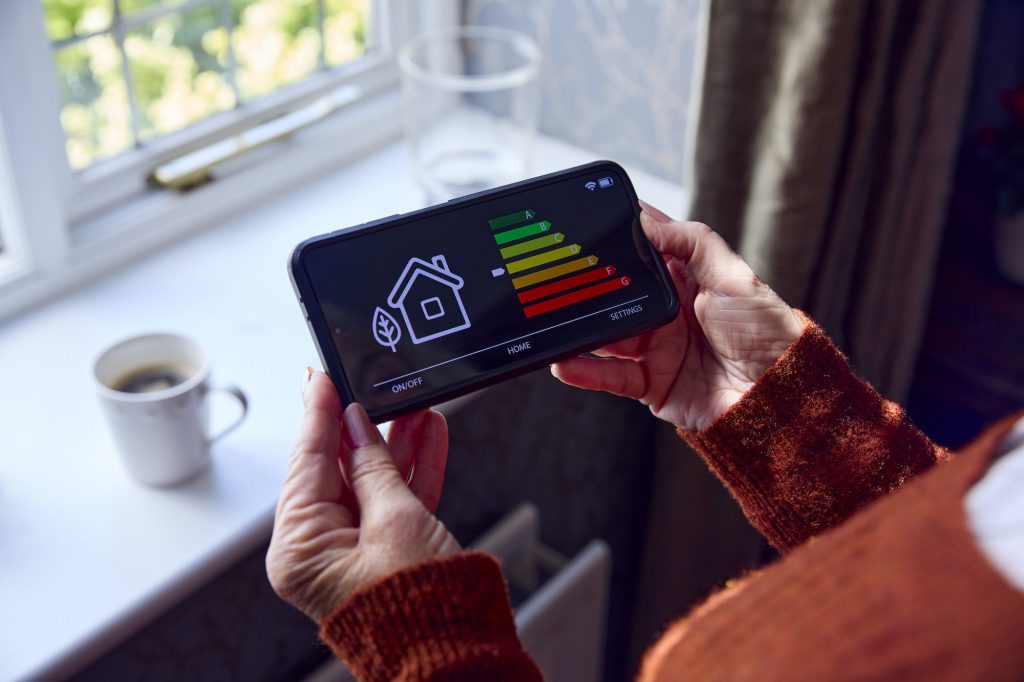What is the Cheapest Way to Heat Your Home in 2022?

Having to live in a cold climate can be a serious headache, especially if you don’t have the right kind of home heating system to heat your home. Luckily, there are several ways to heat your home that won’t break the bank. These include Space heaters, Gas furnaces, and Geothermal heat pumps.
Geothermal heat pumps
Choosing a geothermal heat pump system can help you save money on your heating and cooling costs. They’re much less expensive to install and operate than other heating and cooling systems. And there are plenty of incentives to help make them cost-effective.
The best way to get a better idea of what a geothermal heating and cooling system will cost you is to talk with a qualified installer. This will help you decide on the best option for your needs.
Installation costs for a geothermal heat pump can vary depending on the size of your home and the type of system you install. For example, a two-ton system might cost $5000 for the pump and installation. A three-ton system might cost $12,000, while a five-ton system might cost $22,000.
Gas furnaces
Using a gas furnace can be a great way to lower your monthly utility bill. They are also very efficient and can help you reduce greenhouse gas emissions. They can also give you peace of mind. Having one installed in your home can be a big investment, but it can also pay for itself in the long run.
The cost of having your furnace installed can vary depending on your location and the type of furnace you choose. You’ll want to find out what local regulations and incentives are available in your area. It’s also important to check the Better Business Bureau for warning signs.
Some states and municipalities require a permit before you can install a gas heater. Without a permit, you may face fines. You may also have to hire a professional to remove your old furnace and install your new one.
Space heaters
Whether you have a room or entire house that needs extra heat, a space heater is a great way to save money and stay warm. It may also be a useful tool in case of an emergency.
There are a number of features that you should look for when deciding on a space heater. These range from the design to the features and the price. Choosing the best one can help save money and keep you warm throughout the winter months.
One of the most important features to look for is the energy efficiency. A good space heater will be able to convert electrical energy into heat at a near 100% efficiency. This is particularly useful if you have a small space. However, if you have a large space, you may need to purchase several space heaters.
Draft excluders
Using draft excluders to keep cold air out is a simple, cost-effective and energy-efficient way to keep heat inside your home. If you have a home with drafty windows and doors, you could be wasting a lot of money on heating.
A draft excluder is a simple piece of fabric that is placed at the base of your door or window to block cold air. These are usually made of polyester or sand. You can find draught excluders that come with loops or hooks to attach them to your door or window.
Besides using draft excluders, you can seal air gaps between your windows and doors. Re-caulking your windows and doors will help to stop cold air from leaking in and out of your home. This is a good solution for homes in colder climates. You may also want to use an acoustic seal to keep noise out of your home.
Proper insulation
Getting the right amount of insulation in your home is important for keeping your home warm in the winter and cool in the summer. This can also help you save on your monthly energy bills. In addition, proper insulation can also help you keep outside noise from affecting your home.
Proper insulation will also help keep you from having to deal with moisture issues. During the colder months, insulation can help prevent mold from setting up. It is important to make sure that the insulation is evenly distributed to prevent moisture from forming in the future.
Insulation can be installed in the attic, basement, and even the garage. The Energy Star program estimates that the average homeowner can save 15% on their heating and cooling costs.







